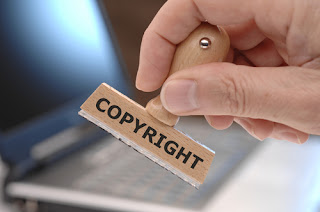Search engines in Germany will have to pay license fees for
reproducing content from other media, PC Advisor reported. At the moment it is a draft law proposed by the Federation of
Germany Newspaper Publishers (BDVZ) and last Wednesday received back-up from
the German government.
Under the proposed law, the use of links to news stories
won't be affected, as it mainly allows news publishers to charge those search
engines, who include snippets in their own websites. Bloggers are excluded as
they quote parts of an article and write their opinions. The law is also "up to the publisher. The publisher can also agree that search engines can use
the snippets for free," said Hendrik Wieduwilt, spokesman for the German
Ministry of Justice.
With opposition from the Greens and the Party of the Pirates,
the National Parliament (Bundestag) has the last voice to pass the law.
"This is an important measure for the protection of
intelectual property in digital era. We will improve the conditions for the
news publishers as we offer them an implementation of their rights in Internet,
" explained
Bernd Neumann, Minister of State to the
Federal Chancellor Federal Government Commissioner for Culture and the
Media.
However, Google Director of Communications and Public
Affairs for Northern Europe Kay Oberbeck wrote that "this is a black day for
Germany. It’s really harmful, not just for users who wouldn’t find as much
information as they find now, but such a law is also not justified for economic
reasons or judicial reasons." Oberbeck calls the draft law "a threat to the freedom of
information."
The draft law sounds contradictory as Google actually drives
traffic to the publishers, Gigaom
reported.
According to a spokeswoman for the BDVZ, Anja Pasquay, "search engines don't even ask (for content when publishing the snippets), they simply take it." She said this second draft won't do much either. The first draft was published last June, and claimed for rights for publishers if their content was being reproduced for 'commercial purposes. However the proposal was heavily protested and eventually turned down, Future of Copyright reported.
According to a spokeswoman for the BDVZ, Anja Pasquay, "search engines don't even ask (for content when publishing the snippets), they simply take it." She said this second draft won't do much either. The first draft was published last June, and claimed for rights for publishers if their content was being reproduced for 'commercial purposes. However the proposal was heavily protested and eventually turned down, Future of Copyright reported.


No comments:
Post a Comment